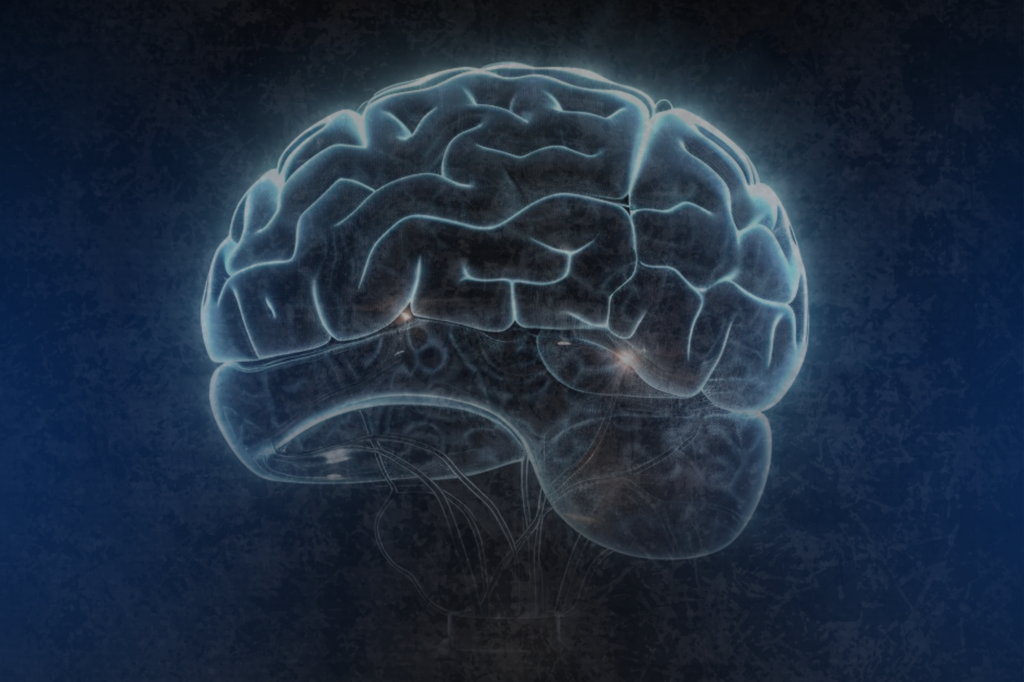Learning a new skill can be both exciting and challenging. Even if you are a student, employee or an owner, you need new skills to be better.
How to learn a new skill faster?
In today’s fast-paced world, acquiring new skills quickly can be a game-changer. Whether you’re looking to enhance your career, pick up a new hobby, or simply broaden your horizons, efficient learning strategies can help you achieve your goals more rapidly. Here are seven helpful tips to accelerate your skill acquisition process.
1. Set Clear and Specific Goals
Setting clear, specific goals is the first step to learning a new skill faster. Instead of vague objectives like “learn to play the guitar,” set precise targets such as “learn to play three chords and one simple song in two weeks.” Specific goals help you focus your efforts and measure your progress effectively.
How to Do It:
- Break down your ultimate goal into smaller, manageable milestones.
- Set deadlines for each milestone to maintain a sense of urgency.
- Regularly review and adjust your goals as you progress.
2. Focus on One Skill at a Time
Multitasking might seem efficient, but it often leads to slower progress when learning new skills. Concentrate on mastering one skill before moving on to another. This focus allows you to dive deeper into the subject and build a strong foundation.
How to Do It:
- Prioritize the skill that aligns most with your immediate needs or interests.
- Dedicate a specific time each day or week solely to practicing this skill.
- Avoid distractions and fully immerse yourself in the learning process.
3. Practice Consistently and Deliberately
Consistency is key when it comes to skill acquisition. Regular practice not only reinforces what you’ve learned but also helps you retain information better. Deliberate practice involves focused, goal-oriented practice sessions that challenge you to improve.
How to Do It:
- Schedule regular practice sessions and stick to them.
- Focus on areas where you struggle the most.
- Use feedback and self-assessment to continuously refine your technique.
4. Use Multiple Learning Methods
People have different learning styles, and using a variety of methods can enhance your understanding and retention. Combine visual, auditory, and kinesthetic learning techniques to grasp the skill more comprehensively.
How to Do It:
- Watch instructional videos and read relevant books or articles.
- Listen to podcasts or lectures related to the skill.
- Engage in hands-on practice and real-life application.
5. Teach What You’ve Learned
Teaching others is one of the most effective ways to solidify your understanding of a new skill. When you explain concepts to someone else, you reinforce your own knowledge and identify areas where you need further clarification.
How to Do It:
- Join a study group or find a learning partner.
- Volunteer to teach a workshop or give a presentation on the skill.
- Create tutorials or write blog posts about your learning experiences.
6. Stay Positive and Embrace Mistakes
Learning a new skill can be challenging, and setbacks are inevitable. Maintaining a positive attitude and viewing mistakes as opportunities for growth can keep you motivated and resilient.
How to Do It:
- Celebrate small victories and progress milestones.
- Reflect on mistakes and identify what you can learn from them.
- Surround yourself with supportive peers or mentors who encourage your efforts.
7. Apply the Skill in Real-Life Situations
The more you apply a new skill in real-life situations, the faster you’ll improve. Practical application reinforces learning and helps you understand how to adapt the skill in different contexts.
How to Do It:
- Look for opportunities to use the skill in your daily life or work.
- Participate in relevant projects, competitions, or challenges.
- Seek out real-world problems that require the skill and work on solving them.
Conclusion
Learning a new skill faster requires a strategic approach, consistent practice, and a positive mindset. By setting clear goals, focusing on one skill at a time, practicing deliberately, using multiple learning methods, teaching others, embracing mistakes, and applying the skill in real-life situations, you can accelerate your learning process and achieve your goals more efficiently. Remember, persistence and dedication are your best allies on the journey to mastering new skills. Happy learning!




